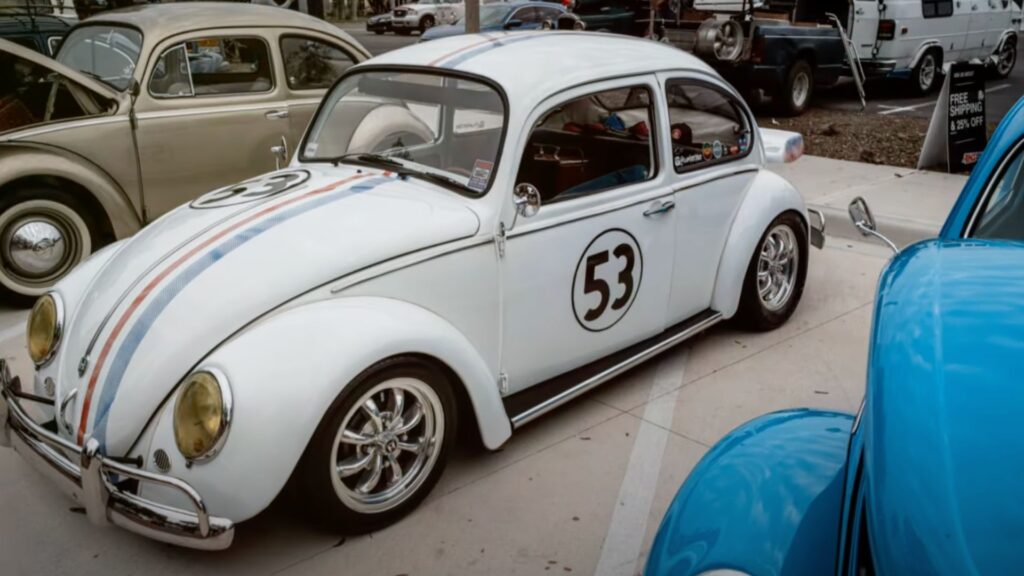
The Volkswagen Beetle has transcended its role as a mere car to become a cultural symbol that resonates worldwide. With its distinctive design and connection to freedom, individuality, and nostalgia, the Beetle has made its way into the hearts of millions. Here’s how this timeless vehicle has left an indelible mark on pop culture.
1. The Beetle on the Big Screen
From Disney’s beloved Herbie the Love Bug (1968) to Transformers: Bumblebee (2018), the Beetle has starred in countless films. Its quirky, approachable character made it the ideal hero in stories ranging from comedic to heartfelt. Iconic appearances in Footloose (1984) and Quentin Tarantino’s Once Upon a Time in Hollywood (2019) further cemented its place as a cinematic mainstay.
2. TV Appearances
The Beetle has made memorable appearances on shows like Breaking Bad, where Walter Jr.’s green Beetle offered a touch of relatability amidst the series’ tension. Similarly, That ’70s Show used the car to evoke 1970s nostalgia, reflecting its popularity during that era.
3. Musical Connections
The Beetle is immortalized in one of music’s most iconic images: The Beatles’ Abbey Road album cover (1969). The white Beetle parked behind the crossing band members became a pop culture touchstone. In Bob Dylan’s Subterranean Homesick Blues (1965), the Beetle’s cameo reflects its omnipresence in mid-century life.
4. Artistic Influence
Andy Warhol celebrated the Beetle in his Pop Art prints, showcasing its timeless design as an object of cultural significance. Meanwhile, Volkswagen’s minimalist “Think Small” ad campaigns in the 1960s revolutionized advertising, emphasizing the car’s charm and practicality.
5. Literary Mentions
In Robert M. Pirsig’s Zen and the Art of Motorcycle Maintenance (1974), the Beetle becomes a metaphor for simplicity and purpose. Its frequent appearance in literature symbolizes nostalgia and individuality, aligning with its role in counterculture movements.
6. A Symbol of the Counterculture
During the 1960s and 70s, the Beetle became a favorite among hippies, representing a departure from the consumerism symbolized by oversized American cars. Its affordability and reliability made it an icon of the era’s counterculture movement.
7. Legacy in Pop Culture
Even after production ended in 2019, the Beetle remains a cultural icon. Its appearances in modern media and its nostalgic charm ensure its enduring legacy. The car continues to symbolize freedom, creativity, and resilience, standing as a beloved part of global culture.
The Volkswagen Beetle’s journey through pop culture illustrates how a car can transcend its utilitarian origins to become a beloved symbol of an era, a movement, and a way of life. Whether it’s racing as Herbie, parked on Abbey Road, or appearing in classic TV shows, the Beetle represents more than transportation—it’s a cultural phenomenon.
The Beetle proves that great design, paired with a dash of personality, can truly
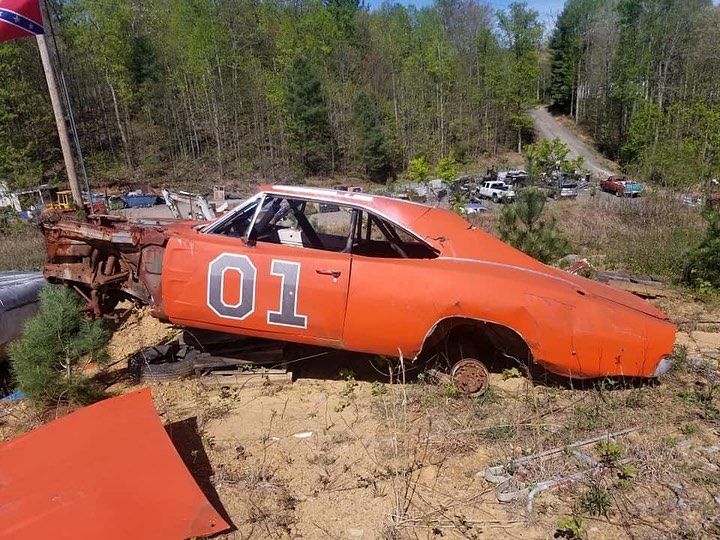
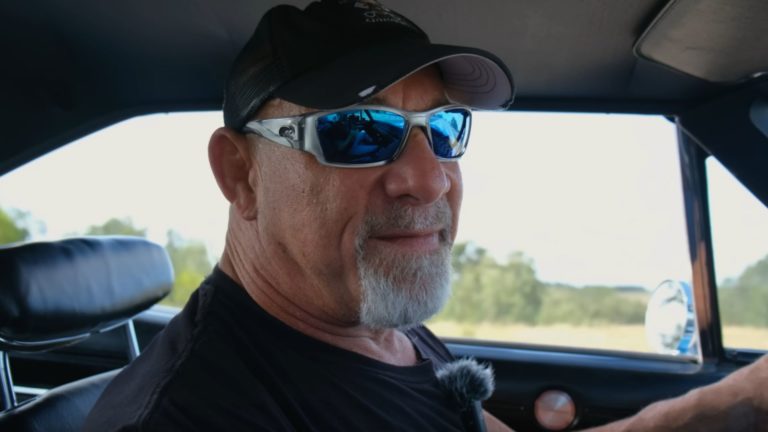
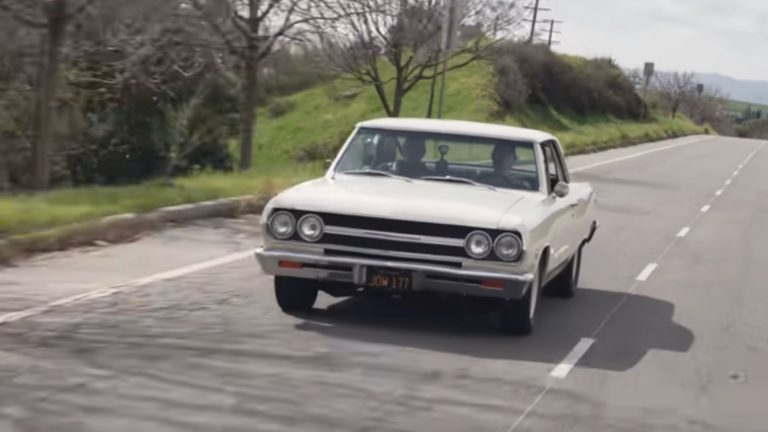
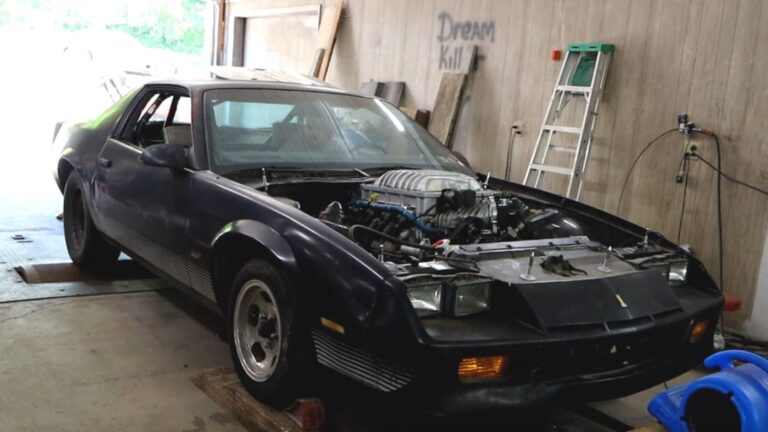
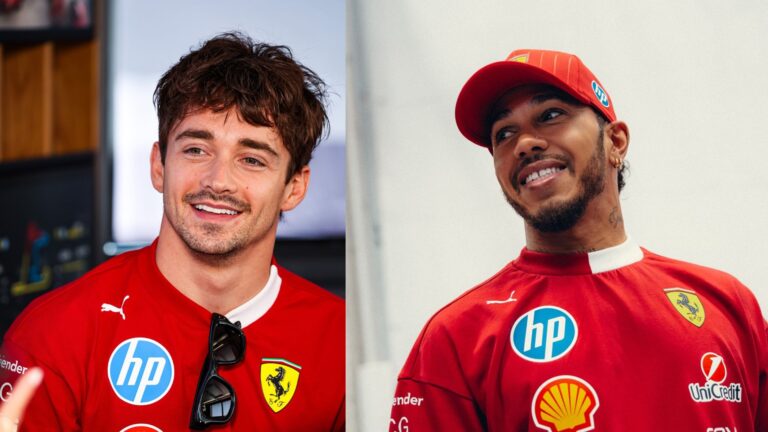
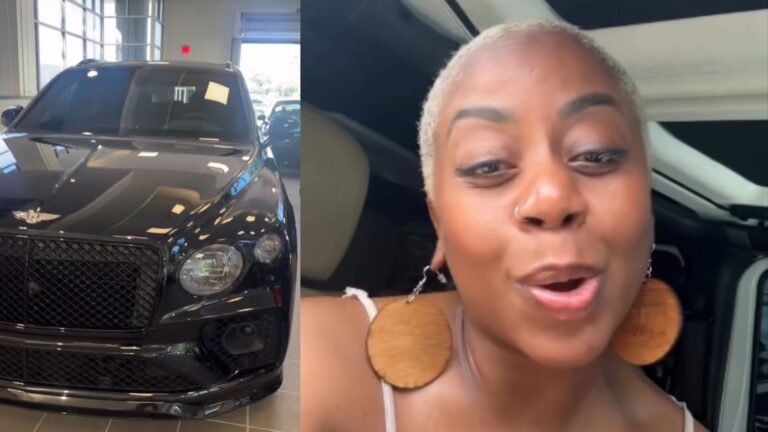
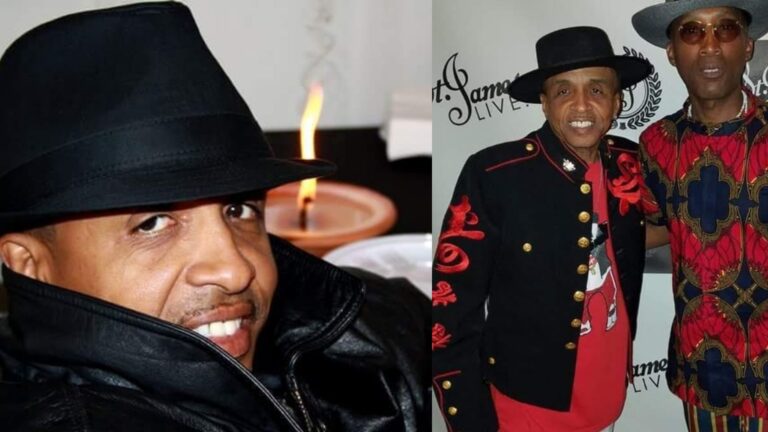
3 thoughts on “The Volkswagen Beetle in Pop Culture: A Timeless Icon”